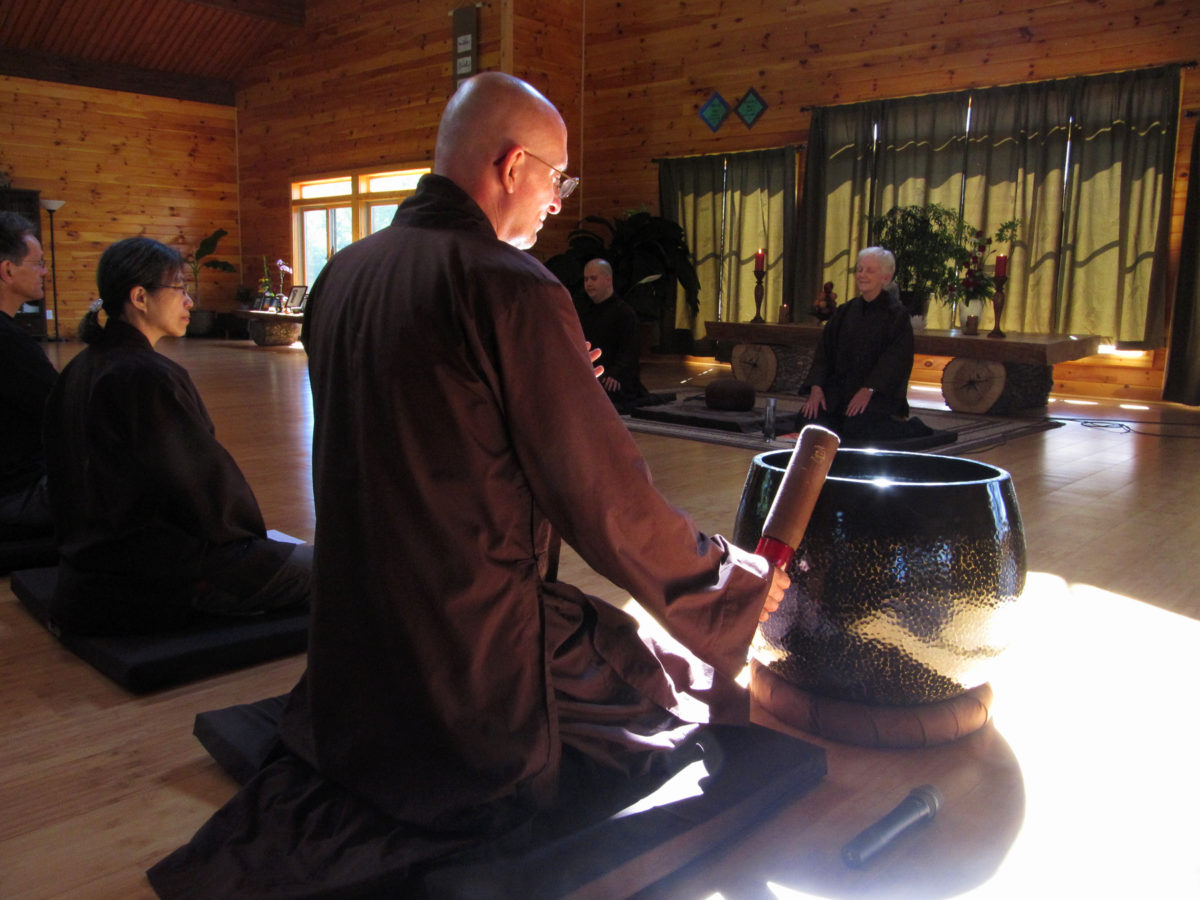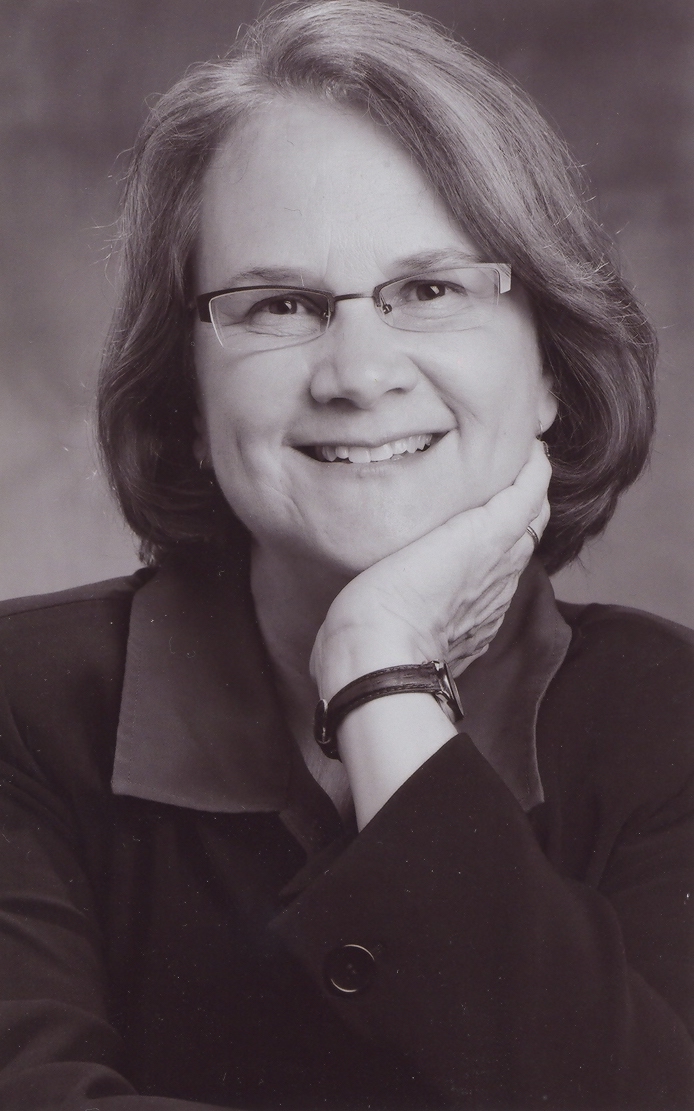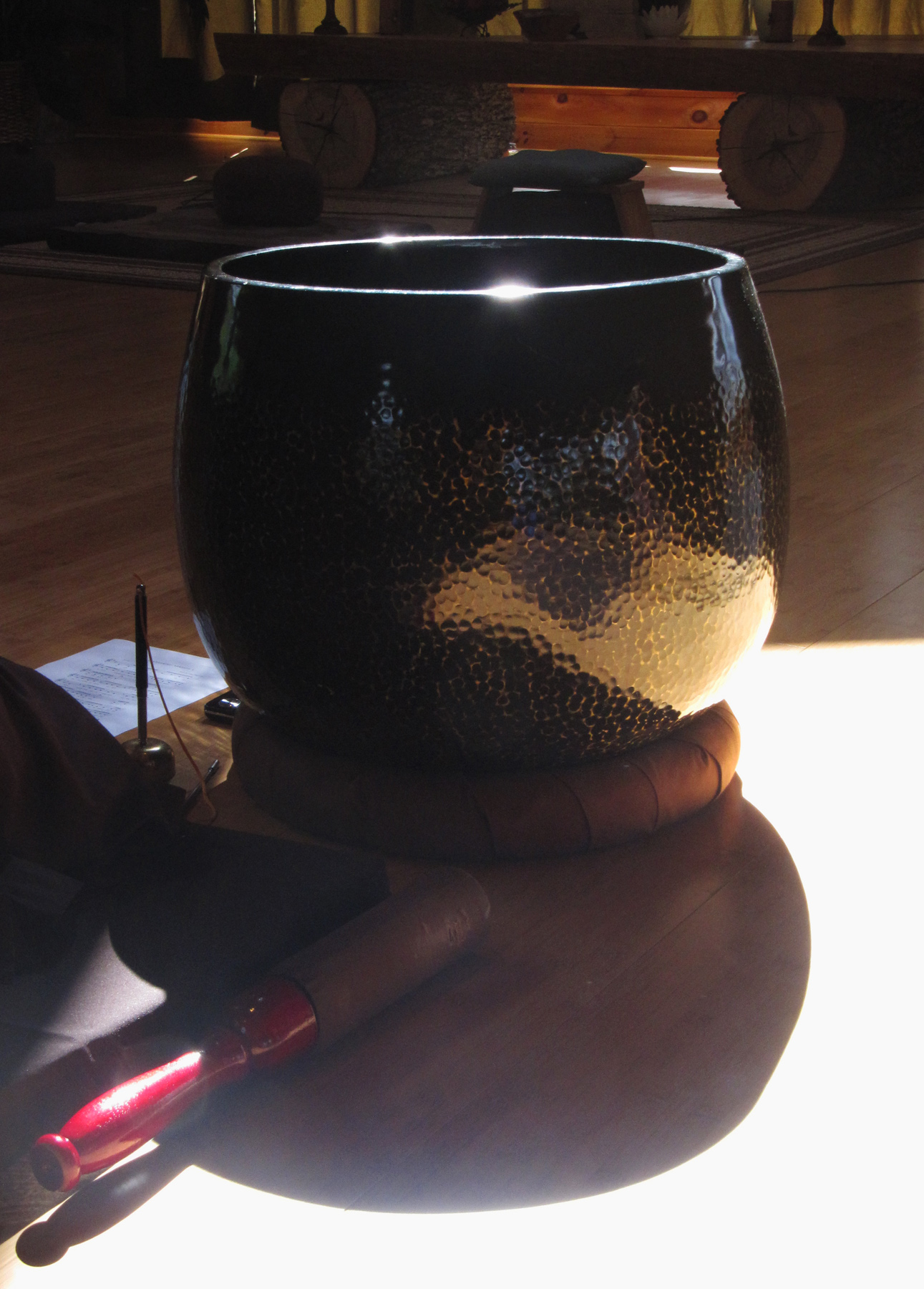Public Office as a Dharma Door
By Pam Costain

As an elected member of a school board, I regularly make difficult decisions that affect thousands of children’s lives. While all public officials make tough choices, none are quite so personal as those made by school boards. After all, nothing is more precious to people than their children.
After four years of service and dozens of challenging decisions,
Public Office as a Dharma Door
By Pam Costain

As an elected member of a school board, I regularly make difficult decisions that affect thousands of children’s lives. While all public officials make tough choices, none are quite so personal as those made by school boards. After all, nothing is more precious to people than their children.
After four years of service and dozens of challenging decisions, I can honestly say this has been both my most rewarding work and most challenging burden. Quite simply, I could not have done it without a regular mindfulness practice. My practice has enabled me to slow down, listen deeply, check my own intentions, and find comfort in the recognition that there is no guarantee about the outcome, only the possibility of creating a stronger community of support.
My Life Is My Practice
I ran for the Minneapolis School Board in 2005 because I loved the schools here, yet saw that too many children—especially those living in poverty—were not doing well. As my concern turned to alarm, I realized that I had some skills that could be useful, and put myself forward for elected office.
At this time I was also taking steps to deepen my mindfulness practice, such as attending the Estes Park retreat with Thay. Like many others, I left Colorado with many new insights, a profound sense of peace, and a strong intention to bring mindfulness practice more fully into everyday life.
Nevertheless, I was experiencing a crisis. On the one hand, I had been a social justice activist for thirty-five years, and deciding to run for school board meant committing even more time and energy. On the other hand, I was being drawn to a more contemplative and spiritual path. Part of me wanted to leave it all behind and move to a Buddhist community, while another part of me wanted to use my energy even more powerfully to act in the world.
Ultimately, I decided to try to meld the two paths into something authentic for me—a stronger practice of mindfulness coupled with a very public presence in the life of my community. This would not be a simple synthesis, but rather a process that would unfold over time.
It was not until my second retreat with Thay in 2007 that I came to a very important realization: my life as an elected official was my practice. My practice was not primarily the time I sat on a cushion or attended retreats or recited the Five Mindfulness Trainings. As important as these all were, the most significant aspects of my practice were my everyday actions as an elected official. Having finally understood that my life was my practice, I have tried to bring more of the wisdom of our tradition to my public role.
Practicing in the Public Eye
How do I bring my practice into my role as a school board member? I try to cultivate an attitude of respect for each and every person I talk to, no matter how difficult it may be. I try to listen to everyone with focused attention and compassion for their point of view. I remind myself that when I make decisions about children and schools, I am making decisions about individual children whose parents care deeply for their well-being. I must be very careful with my words, actions, and voice. I try to be completely present and give undivided attention to all those who talk to me, even when it is exhausting. Often those who speak are very angry, but I understand that underneath that anger is fear.
Early in my first year, we had to make a decision about closing five schools in neighborhoods where people already had lost a great deal—their jobs, grocery stores, safety, and, in some cases, their dignity. Now the school district was going to close neighborhood schools. Hours of tearful and angry testimony could be summed up as: The school board does not care about African American children.
The day after an especially painful public hearing, where emotions had run high, I ran into a woman who had been very vocal. To my surprise, she approached me smiling. Rather than being hostile, she was friendly and even thanked me for listening so thoughtfully the night before. I was able to share what I felt would benefit children in her neighborhood. As we parted, I was reminded that our practice encourages us “to make every effort to keep communications open and to reconcile and resolve all conflicts, however small.”
Through all difficult situations, my practice has been to try to remain calm (at least in public) and keep an open heart. Wherever I’m approached, my role is to bear witness to people’s fears and concerns. “Aware that the lack of communication always brings separation and suffering, we are committed to training ourselves in the practice of compassionate listening and loving speech. We will learn to listen deeply, without judging or reacting.”
I try to be as honest as I can with people, which is especially challenging when I have to tell them something they don’t want to hear. I have found that it is best to be honest with people about what I am thinking or how I am going to vote, regardless of how painful that may be. As the teaching says: “We are determined not to say untruthful things for the sake of personal interest or to impress people, nor to utter words that might cause division or hatred.”
Finally, I try to operate from a belief that everyone’s motives are good and decent. Many times, I have differed with decisions of the administration or my fellow board members, or with an angry parent who has called me at home during supper. When faced with these challenging situations, I try to take a deep breath to open up the space around me. With more space and calm, I strive to give people the benefit of the doubt and to understand things from their perspective. “Aware of the suffering created by attachment to views and wrong perceptions, we are determined to avoid being narrow-minded and bound to present views. We shall learn and practice nonattachment from views in order to be open to others’ insights and experiences.”
As a public official, my job is to make decisions, imperfect as they may be. It has been humbling to recognize that making decisions is much more difficult than simply having an opinion. Even when several points of view have merit and each contains a kernel of truth, ultimately I have to exercise my judgment and choose. Doing so has been both a burden and a gift. I have had to learn to be comfortable with uncertainty and ambiguity (which I believe is essential to the practice of mindfulness), but not allow them to prevent me from making difficult decisions.
I am very grateful for Thay’s teachings, the strength of the practice, and the support of my Sangha in this path.

Pam Costain, Empowering Communication of the Heart, is a member of Blooming Heart Sangha in Minneapolis, Minnesota.

